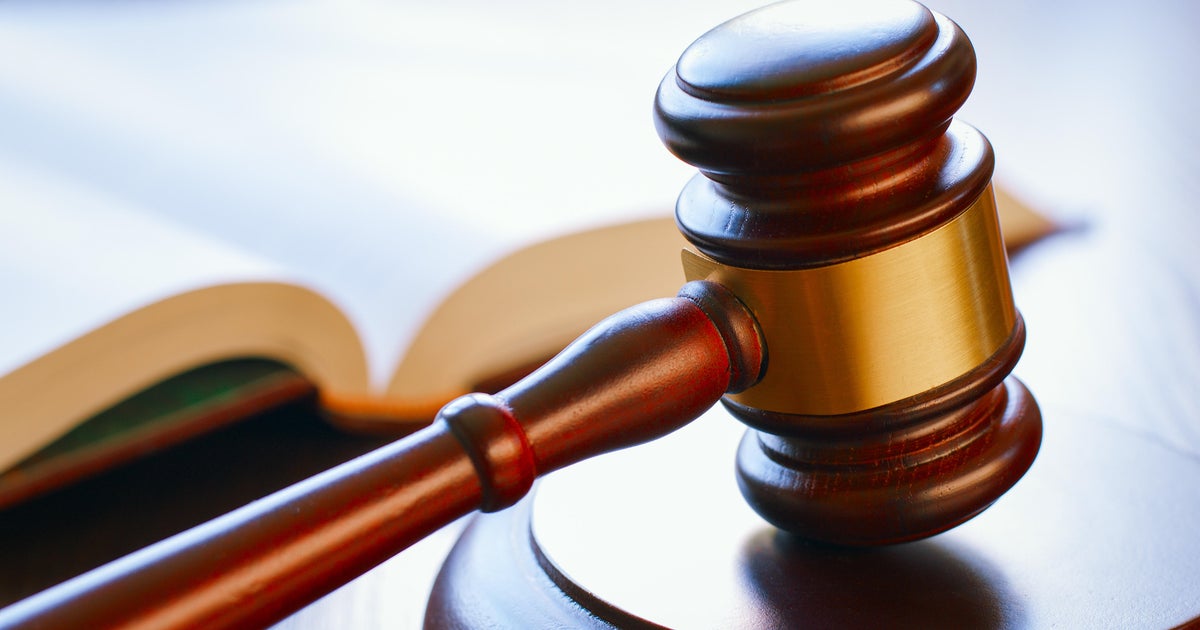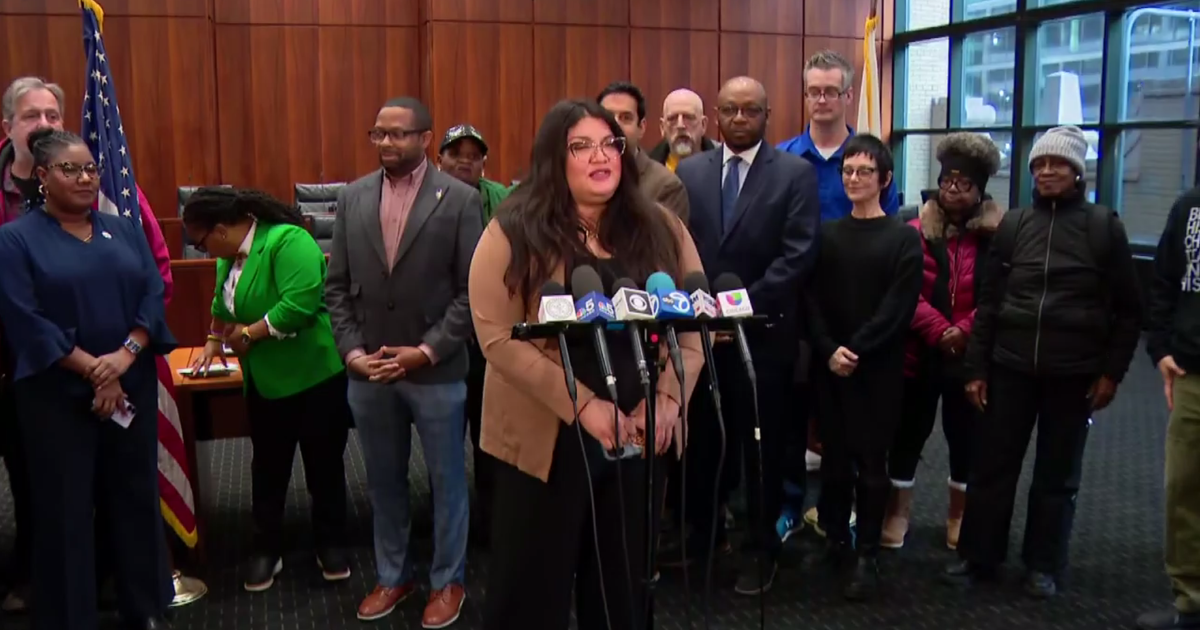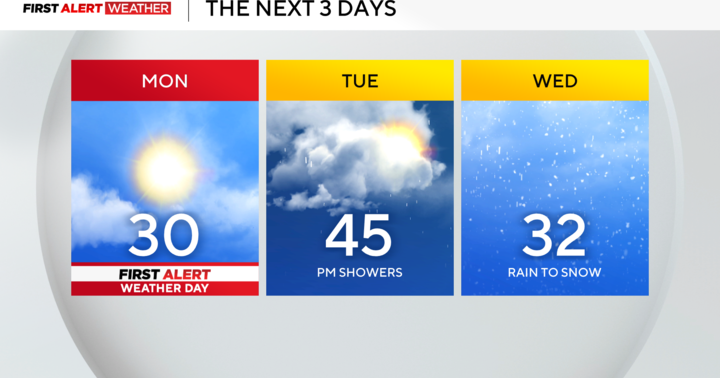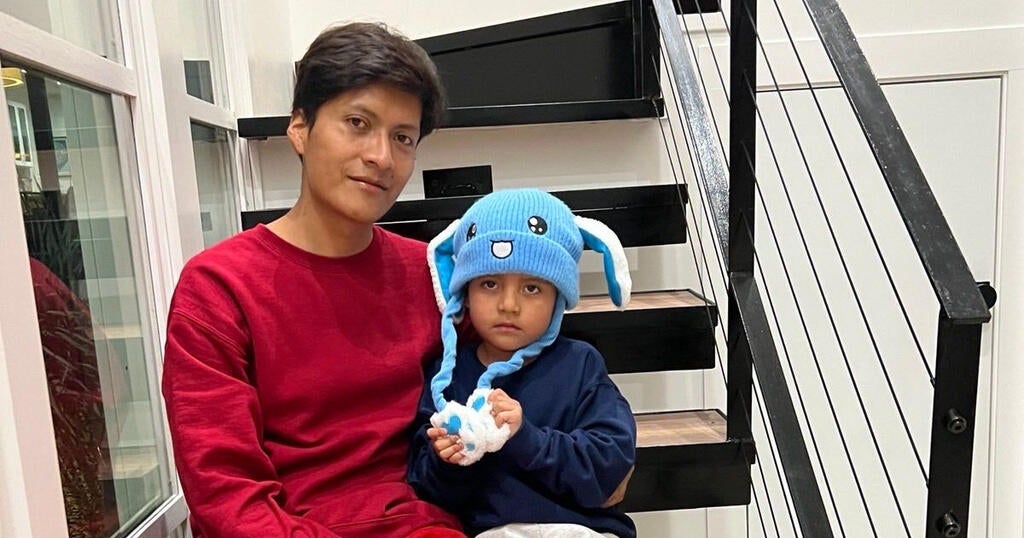Cosby Defense Rests; Comedian Doesn't Testify
NORRISTOWN, Pa. (AP) — Bill Cosby's lawyers rested their case after just a few minutes Monday without calling the comedian to the stand, opting against a high-stakes gamble that could have allowed him to work his charm on the jury but could have also exposed him to blistering cross-examination.
Jurors were expected to hear closing arguments and could get the case in the afternoon.
With Cosby's wife of 53 years, Camille, looked on from the gallery for the first time in the 6-day-old trial, Cosby told a judge that he made the decision not to testify after talking it over with his lawyers.
Judge Steven O'Neill asked Cosby a series of questions designed to make sure he was aware of his right to testify and wasn't pressured into deciding against it.
The defense called a single witness, the detective who led the 2005 investigation into allegations that Cosby drugged and violated Andrea Constand at his suburban Philadelphia home.
Detective Richard Schaffer was one of 12 witnesses who testified during the five-day prosecution case. In a six-minute appearance Monday, Shaffer told jurors under defense questioning that Constand had visited with Cosby at an out-of-state casino and that police knew he had vision problems more than a decade ago.
The judge shot down a defense request to call a second witness, a woman who worked with Constand at Cosby's alma mater, Temple University.
The prosecution rested Friday after five swift days of testimony in the case that could send Cosby to prison for the rest of his life.
On Monday, the question hanging over the trial was whether the TV star himself would testify. Cosby's spokesman suggested last week that the comic might take the stand, but his lawyers were mum.
Experts had said the legal risks would be considerable.
"He could be a fantastic witness. ... He's an actor and he's a very good actor," Duquesne University School of Law professor Wes Oliver said ahead of Monday's court session. But "he is potentially opening the door to a whole lot of cross-examination that they fought really hard to keep out."
Prosecutors wanted 13 other accusers to testify at the trial, but the judge allowed just one, an assistant to his agent at the William Morris Agency.
The defense's main goal in the prosecution phase of the case was to attack the credibility of Constand and the other accuser, Kelly Johnson.
Johnson had corroborating evidence in the form of her 1996 workers' compensation claim. A lawyer on the case recalled her startling account of being drugged and sexually assaulted by Cosby, but his notes revealed a glaring discrepancy in the account. He said the encounter occurred in 1990, while Johnson insists it was 1996.
The defense had more trouble trying to discredit Constand, 44, who spent some seven hours on the witness stand. Cosby's lawyers hammered home the point that she doesn't know just when it happened, and they questioned why she had regular phone contact with Cosby later that spring, including more than 50 calls to him.
Constand said she had to return calls from the Temple University trustee because he was an important booster and she worked for the women's basketball team.
She filed a police complaint in January 2005 after moving back home to the Toronto area, and then sued Cosby in March 2005 when the local prosecutor decided not to charge him.
Cosby's testimony in her civil case shows just how hard a witness he would have been to control. His answers, like his comedy routines, meandered from point to point and veered toward stream of consciousness.
And he used jarring language to describe his sexual encounters with various young women. He spoke in the deposition of "the penile entrance" and "digital penetration." And he displayed hints of arrogance.
"One of the greatest storytellers in the world and I'm failing," Cosby said when asked to repeat an answer in the deposition.
The Associated Press does not typically identify people who say they are victims of sexual assault unless they grant permission, which Constand and Johnson have done.







